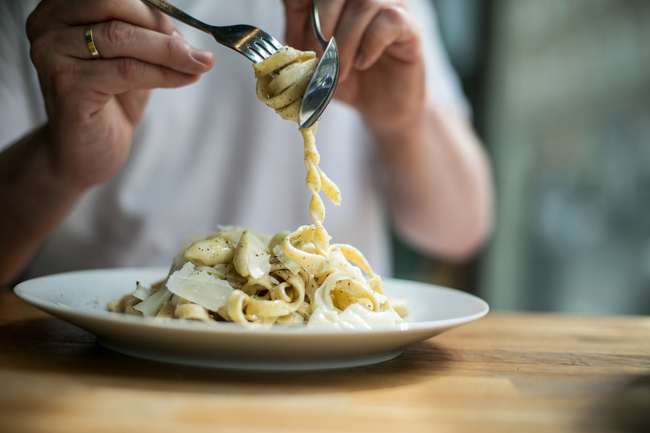New findings highlight the continued importance of EU imports for the UK’s food and drink industry, despite the challenges posed by Brexit.
A European Commission survey of wholesalers, importers, producers, and HORECA professionals across seven food and beverage sectors revealed that the majority intend to continue sourcing from the EU over the next 12 months.
Wine and dairy/cheese sectors displayed the highest commitment, with 100% of respondents planning to increase their range of EU-sourced products. Beer and spirits (80%), charcuterie and meat (80%), and bakery (70%) also showcased significant dedication to EU imports.
On the other hand, lower levels of commitment were seen in the confectionery and fruit & vegetable sectors, with only 30% indicating plans to source additional SKUs from the EU by 2025.
The survey identified quality (95%), pricing (81%), authenticity (78%), and sustainability (77%) as the most influential factors when selecting products. EU food and drink items were especially valued for their authenticity (79%) and tradition (70%), while diversity (64%), taste (62%), safety (59%), and high quality (54%) were also cited as key attributes.
Two-thirds of respondents (66%) recognised the significance of EU certifications such as Protected Designation of Origin (PDO), Protected Geographical Indication (PGI), and Organic labels, with the European Organic Products label being the most familiar (93%) and PGI the least, although still recognised by 78%.
This study, conducted in April 2024, coincided with the UK Government’s Border Trading Operating Model (BTOM), designed to balance trade facilitation and border security.
“These insights demonstrate that despite the challenges and complexities of new cross-border trade agreements, the EU remains a valued partner and important resource for the UK’s food and drink industry and is likely to remain that way,” stated Andrew Crumpton, founder of AMC Consulting and advisor to the ‘More Than Only Food & Drink’ campaign.
Veryan Bliss, Managing Director of Food Intelligence and fresh produce advisor to the EU’s ‘More Than Only Food & Drink’ campaign, emphasised the enduring relationship between the two regions: “It is clear that the relationship between the UK and EU is incredibly important. In 2023 the UK was the number one destination for EU agri-food, accounting for 22% of exports and with a value of €51.3 billion.”
Bliss further highlighted the complementary nature of EU and UK agricultural cycles: “The geographical diversity of the EU ensures a steady supply of seasonal produce and often complements the UK’s own growing patterns. When certain crops are out of season in the UK, EU producers support the offer, ensuring that UK retailers can offer a consistent, high-quality selection to consumers throughout the year.”
Challenges related to fresh produce imports were acknowledged: “However responses from fruit and vegetable industry professionals highlight the impact of controls for fresh produce, which have been complex and changeable.”



